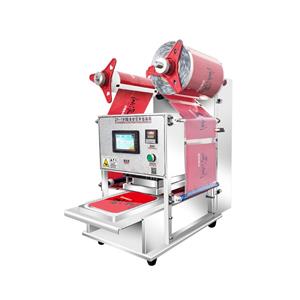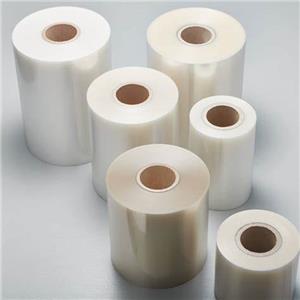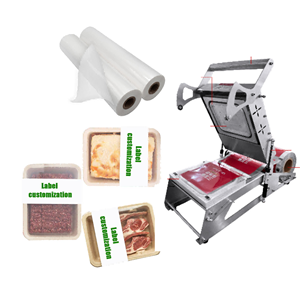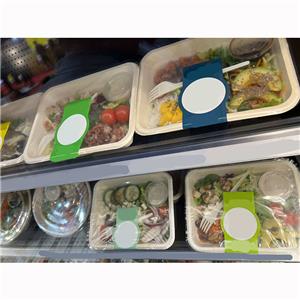New Jersey plastic bag ban execute
On the evening of May 3, 2022, supermarket employees, restaurant staff and retailers throughout New Jersey permanently put away their plastic bags, as the next day one of the strictest and most widespread laws to ban plastic products came into force in the US.
A year after the ban was introduced, Governor Phil Murphy's government, environmentalists and other supporters celebrate the measure as a successful waste reduction strategy, while bag manufacturers and conservative commentators continue to mourn the change.
At the same time, this measure is deeply rooted in the daily lives of ordinary New Jersey people who have difficulty going to the store with reusable bags in their hands.
The New Jersey Clean Community Commission estimates that the aim of this ban is to eliminate over eight billion plastic bags distributed annually by 2000-year grocery stores.
New Jersey has 9.2 million inhabitants, which is about 75-bags per person per month, and a very high figure that far exceeds the number that ordinary shoppers bring home from supermarkets in a month. Take away babies, small children, the weak and other non-buyers, and this number will increase even more per person.
But committee spokesman Jonathan Jaffe said that this figure is due to buyers doubling their food bags, bringing extra bags home for use, or using them in stores to buy meat and other products.
The beach cleaning activities carried out by the environmental protection organization Clean Ocean Action last year from May Cape to Sandy Hook showed that from 2021 to 2022 the number of plastic bags by 37%, the number of plastic straws by 39%, and the number of foam waste by 37%.
Linda Dolty, Chair of the Clean Community Committee, called the results "shocking"
Dorti, also CEO of the New Jersey Food Commission, said: "We no longer see billions of disposable bags scattered across our waterways, parking lots and wastewater streams.
One group representing plastic bag manufacturers believes that the most common alternative to fragile plastic bags with reusable plastic bags with sewing handles is not very environmentally friendly. They say they use more plastic and cannot be recycled. Zachary Taylor, Director of the American Recyclable Plastic Bag Alliance, said: "Against this background, it is not clear whether current policies promote sustainable development in New Jersey."
This law is considered one of the strictest restrictions on daily disposable plastic products in the United States.
In addition to bags, it also prohibits the use of polystyrene cups, plates, take-away cartons and other food containers made of materials commonly known as foamed plastics. Large supermarkets and hypermarkets also prohibit the use of paper bags. The Committee estimates that 164 million paper bags are eliminated annually.
Although almost every supermarket, large restaurant, and retail chain complies with the new law, many small couples across New Jersey still distribute plastic bags when making a purchase. District and local health inspectors are expected to be the main enforcers of the ban.




